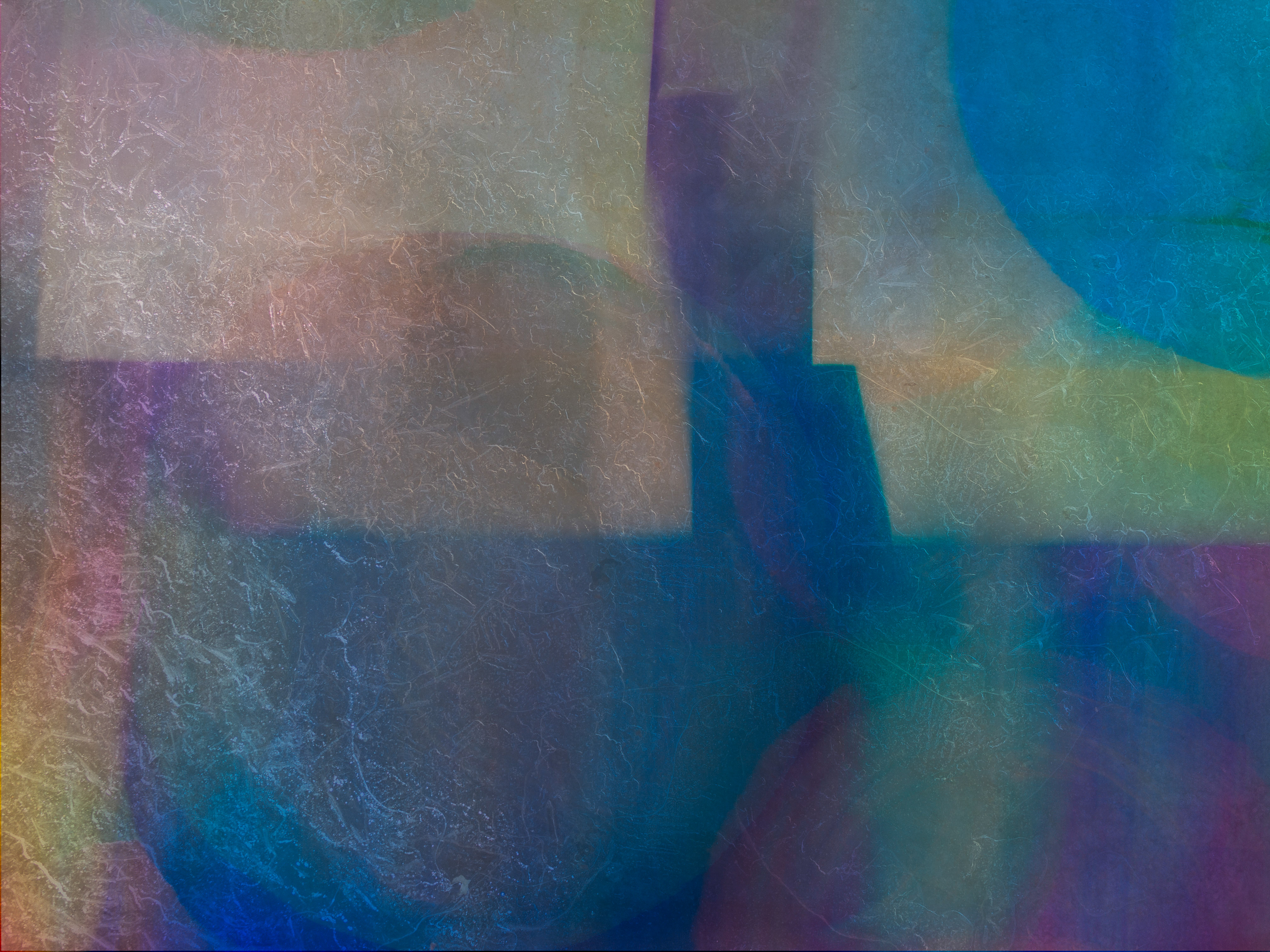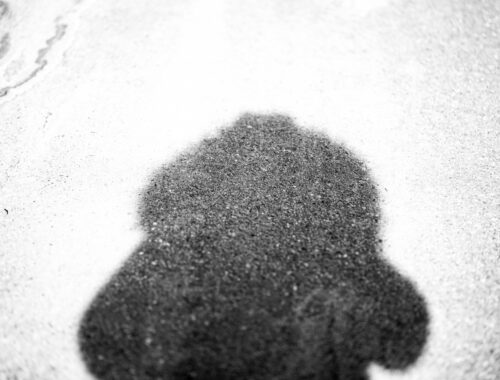
Stay Vigilant
It appears that a little rain fell last night. I’ve been praying for it, and the forecast leads me to believe that last night’s precipitation was just an appetizer. I hope so, because the world outside my door is parched. Looking at the pollen dusted driveway out front makes it hard to recall the ice rink and subsequent “pond” that made getting to and from the front door an adventure just a few months ago.
We get used to things. We find our way around obstacles, build bridges over them, exploit their weaknesses, maybe even find ways to put an end to them and create something better to take their places. Yes, they vex us, but boundaries are essential. Some are easily recognized, but others are well hidden. Those are the ones that will trip you up, so it’s wise to be vigilant. Boundaries don’t just keep us in and them out. They rein in a vast unknown world that threatens to overwhelm and topple us at any moment. They give us a starting point and provide a place that’s safe, much like a home. I find it difficult to write or create art if I give myself no boundaries. I need to know that the possibilities are not, in fact, endless. One of my favorite ways of writing poetry (something I’d like to devote time to in the near future) is to begin with prose. A few of my own favorite compositions came to life when I look more closely at one of my blog posts or even a paragraph or two in a book like Madeleine L’Engle’s Walking on Water.
Two days ago, I pulled out a few books by/about T.S. Eliot, and yesterday I reread (for the umpteenth time) “The Love-Song of J. Alfred Prufrock.” It may well be my favorite poem. Today, though, a different poet comes to mind. I don’t know much about John Hewitt (1907–1987), but apparently, he was from the Protestant side of the tracks in Northern Ireland, and his political convictions were the antithesis of mine. No matter. His beautiful poem (discovered years ago in an anthology of Irish poety I bought when I worked at B. Dalton Booksellers in college), “The Glens” should not be forgotten. In it, he describes his feelings of confusion, fear, and a bit of curiosity about people who are different.
Groined by deep glens and walled along the west
by the bare hilltops and the tufted moors,
this rim of arable that ends in foam
has but to drop a leaf or snap a branch
and my hand twitches with the leaping verse
as hazel twig will wrench the straining wrists
for untapped jet that thrusts beneath the sod.Not these my people, of a vainer faith
and a more violent lineage. My dead
lie in the steepled hillock of Kilmore
in a fat country rich with bloom and fruit.
My days, the busy days I owe the world,
are bound to paved unerring roads and rooms
heavy with talk of politics and art.
I cannot spare more than a common phrase
of crops and weather when I pace these lanes
and pause at hedge gap spying on their skill,
so many fences stretch between our minds.I fear their creed as we have always feared
the lifted hand between the mind and truth.
I know their savage history of wrong
and would at moments lend an eager voice,
if voice avail, to set that tally straight.And yet no other corner in this land
offers in shape and color all I need
for sight to torch the mind with living light.
Hewitt’s words leave me wondering: are the boundaries really insurmountable, or is it just that they need time and attention and understanding to cross?




